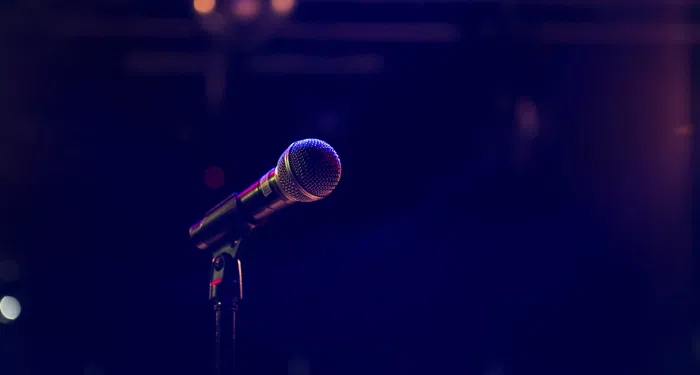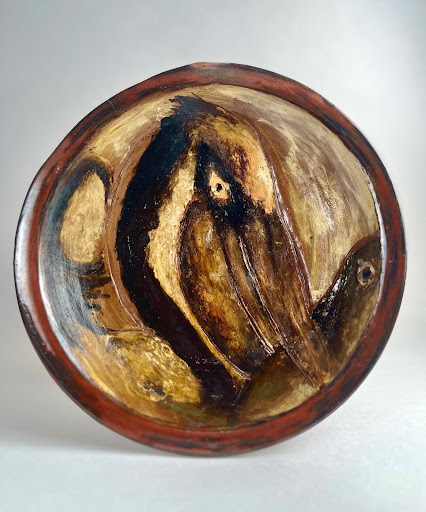In the hallowed halls of Skyline High School, where creativity once echoed through the air, a heavy silence has settled in the concrete cracks. For the past two consecutive years, the Skyline Slam Poetry team has been absent from the theater culture that Skyline prides itself on, a culture of once vibrant tapestry weaved from artistic expression. However, through the years, this tapestry has continued to be unraveled and the culprit comes from a narrative of poor initiative and a lack of organization that has cast a shadow over the Utah High School Slam Poetry Initiative program (UHSSPI).
Slam poetry, an spoken word art form that prides itself of playing within the crossholds of raw emotion and unfiltered narratives, was once a hallmark of Skyline’s identity. For years, the student body would gather in the beloved “Black Box ” for monthly Slams that were integrated with the Skyline Slylines, Skyline’s improv team, leaving students laughing and appreciative. Now simply lays a void in the theater department.
Beyond the confines of Skyline High School, the Utah High School the Slam Poetry Initiative program’s organization shortcomings have exacerbated the situation. The lack of a cohesive framework and clear communication channels after a change in leadership has left schools that rely on this program, like Skyline, stranded, grappling with uncertainty. This lack of organization has manifested in the form of either misinformed or entirely uniformed slam coaches, confusion regarding competition details, and a general sense of disarray that further builds the schism between aspiring high schoolers and the beautiful serendipity of slam poetry.
One of the numerous in the injured party done up directly by the hand of the Utah High School Slam Poetry Initiative is R.J Walker, a nationally known poet that has coached high school students through this program for years on end. Since this year, he was an integral column for the UHSSPI until it fell in on him as well due to a recent lack of communication. During the interview, which was asked to not be quoted, he insinuated the numerous and constant help requests he was receiving from highschoolers that were refusing the narrative that slam may die for their highschool. However, from R.J’s standpoint, there’s very little for him to do to aid these students except to directly give them the board member’s contact information, which hasn’t proved to be successful yet.
As Skyline’s community grapples with this void, there arises a collective yearning for change. The call for a reevaluation of the Utah High School Slam Poetry Initiative program is not a mere plea for the reinstatement of a team; it’s a demand for accountability and a rallying cry for a more robust, organized structure that nurtures rather than stifles artistic expression.
However, during these times of a continuous lack of resources, students have begun to make their own way through to accessing slam while also making it accessible to the students around them. For instance, Kellen Heeler, the recent Slam captain of East High who has paved way for East students to experience the inner workings of slam in the fullest by going past the confines that East has found themselves trapped in while dealing with the UHSSPI. Hosting his own slams while providing his team first-hand experiences into the rich culture of Utah slam, Kellen has only been informally praised but his efforts are felt throughout the slam community.
From this, numerous students across northern Utah have begun to follow suit, bringing slam to their schools such as: Kearns, Taylorsville, and Copper Hills High.
Through and through, we can see that slam, the living form of narrative revolution, will not die, and it will continue to refuse death as long as the cliche rose continues to grow through the cracks of the concrete floors of Skyline High.




